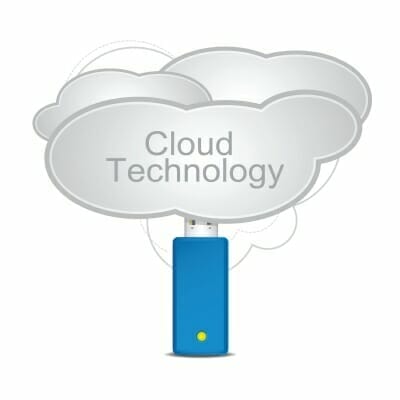 Cloud phone systems are quickly becoming a top choice amongst businesses that are currently looking to upgrade their present business communication system. Now that high-technology VoIP phone services are much more affordable, both small and medium-sized businesses are aggressively looking into how they can integrate a cloud phone system into their business. This makes it a perfect time for resellers to add cloud phone systems to their current offerings.
Cloud phone systems are quickly becoming a top choice amongst businesses that are currently looking to upgrade their present business communication system. Now that high-technology VoIP phone services are much more affordable, both small and medium-sized businesses are aggressively looking into how they can integrate a cloud phone system into their business. This makes it a perfect time for resellers to add cloud phone systems to their current offerings.
According to NIST, cloud computing is a model for enabling convenient, on-demand network access to a shared pool of configurable computing resources (e.g., networks, servers, storage, applications, and services) that can be rapidly provisioned and released with minimal management effort or service provider interaction.
Resell Cloud Phone Systems
If you want to resell cloud phone systems, then it’s necessary that you understand everything there is to know about The Cloud. When it comes to reselling high-technology phone systems, it’s important that you as a reseller fully educate yourself on what you’re selling. In order for you to establish yourself as an expert in the reselling and/or high technology field, which is going to give you the authority you’re looking for, you’re going to need to understand everything there is to know about the products and/or services you’re reselling.
As you can see, reselling doesn’t mean that you simply buy something for one price and then turn around and resell it for another and then your job is done. There’s a lot more to the reselling business and we can help you understand every aspect. Simply contact us today with any questions you may have.
Public or Private?
So as a reseller who is choosing to resell cloud phone systems, you’re going to need to understand the difference between public clouds and private clouds. A public cloud refers to services and/or infrastructure that’s located off-site, and is said to offer the best level of competence when it comes to shared resources. The downside is a concern for how vulnerable this information is due to the fact that it’s stored in a public cloud. A private cloud refers to services and/or infrastructure that’s located on a private network, which although tends to offer the best level of security has less functionality.
When your customers ask you for a recommendation as to whether or not they should use a public or private cloud, the following list is going to help you help them.
A public cloud is a good choice when:
- The business does a lot of outside projects with other people and/or businesses
- There are many standardized work load applications used often by many employees
- There’s a need to often access the cloud at peak times
- There’s a need to test and develop application codes
- The business uses any Software as a Service applications
A private cloud is a good choice when:
- The information to be held in the cloud is all about your business data and applications. In this case, security and control of the cloud is very important
- The business is one that’s involved with data privacy and therefore must adhere to strict security measures
- The business is big enough to host its own cloud-based data center competently
It’s worth mentioning that there are also hybrid clouds available. A hybrid cloud uses both private and public options, which many businesses find convenient. Although a hybrid cloud provides a business with the best of both worlds, some businesses don’t like the fact that they have to keep track of the different security platforms to make sure that all is in order. Recommending a hybrid cloud is great for customers who want to use a Software as a Service application yet are worried about security.
Image courtesy of photographic 1980/FreeDigitalPhotos.net
